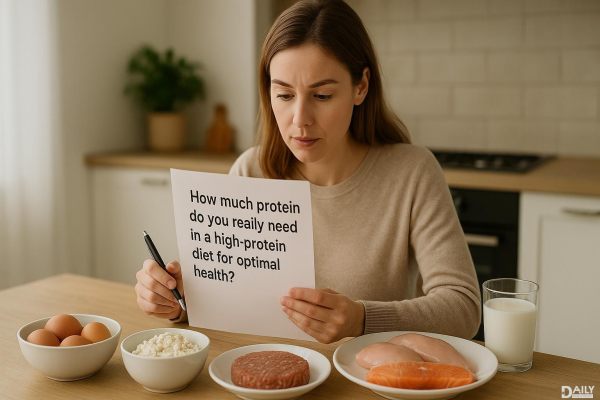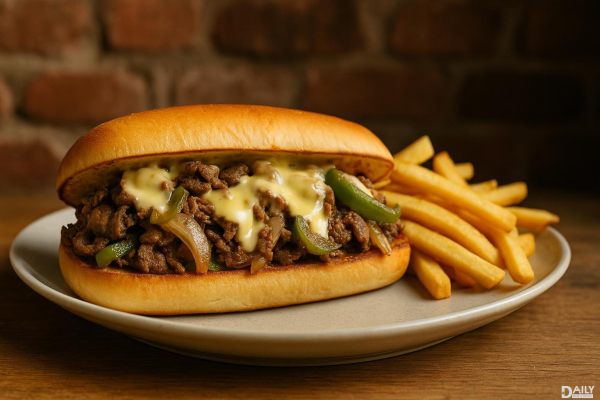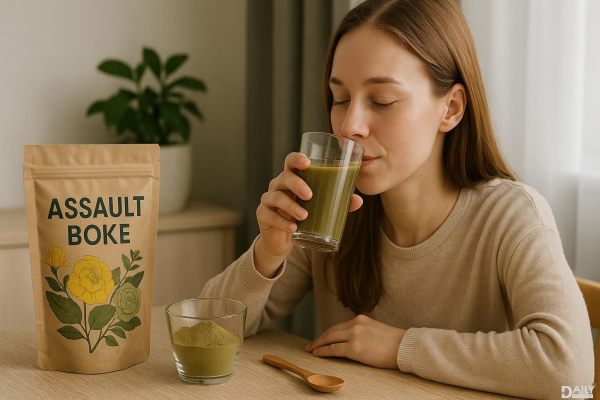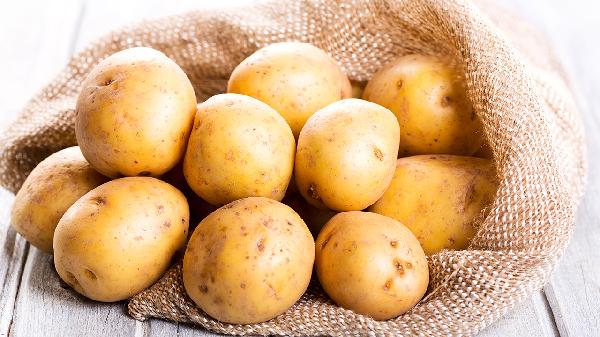Water is the source of life and is crucial for human health. However, the question of whether drinking too much water can lead to high blood pressure has been a subject of debate. In fact, moderate water intake has a positive effect on maintaining normal blood pressure, but excessive water consumption may have adverse effects on health. Especially after consuming certain foods, drinking large amounts of water can be harmful.
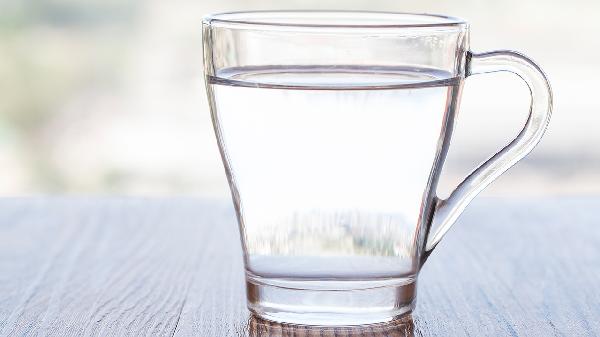
1. The Importance of Water Intake
About 60% of the human body is water, which plays a vital role in regulating body temperature, transporting nutrients, eliminating waste, and lubricating joints. The recommended daily water intake for adults is 2-3 liters, which includes all beverages and water from food.
2. Does Drinking More Water Cause High Blood Pressure?
Some believe that drinking large amounts of water can lead to excess fluid in the body, thereby increasing blood pressure. However, this notion is not accurate. In fact, moderate water intake helps dilute the blood and lower blood pressure.
Benefits of Moderate Water Intake
1. Dilutes Blood: Moderate water intake helps dilute the blood, reduce blood viscosity, and lower the risk of blood clots.
2. Promotes Metabolism: Water is involved in metabolic processes, aiding in nutrient absorption and waste elimination.
3. Regulates Body Temperature: Through mechanisms like sweating, water helps regulate body temperature and maintain normal bodily functions.
3. Drinking Large Amounts of Water After Eating Certain Foods May Affect Blood Pressure
1. The Relationship Between High-Salt Foods and Blood Pressure
After consuming high-salt foods, the sodium content in the body increases, leading to water retention and an increase in blood volume, which may cause blood pressure to rise. Sodium ions also cause blood vessel walls to contract, further increasing blood pressure.
2. The Impact of Drinking Large Amounts of Water After Eating High-Salt Foods
After consuming high-salt foods, drinking large amounts of water may temporarily dilute the sodium concentration in the blood. However, due to sodium's water-retaining properties, the water is quickly reabsorbed by the blood vessels, potentially leading to a further increase in blood volume and exacerbating high blood pressure.
4. How to Limit Salt Intake in Daily Life
1. Reduce Processed Foods: Processed foods often contain hidden high levels of salt, so their consumption should be minimized.
2. Read Food Labels: When purchasing food, pay attention to the sodium content on the nutrition label and choose low-sodium products.
3. Use Herbs and Spices: When cooking, use herbs, spices, and lemon juice as alternatives to salt to enhance flavor.
4. Control Salt Usage: Gradually reduce the amount of salt used in cooking and at the table.
5. Avoid High-Sodium Condiments: Reduce the use of high-sodium condiments like soy sauce and MSG, opting for low-sodium or salt-free alternatives.
6. Increase Potassium Intake: Foods rich in potassium, such as bananas, potatoes, and beans, help balance sodium levels in the body and promote sodium excretion.
7. Gradual Reduction: Gradually reduce salt intake to avoid discomfort from sudden changes.
Previous Article: Is Potatoes the "Culprit" of Cerebral Hemorrhage? Reminder: To Avoid Blood Vessel Rupture, Try to Eat Less of These 4 Foods
Next Article: Is Eggplant the "Catalyst" for Pancreatitis? 4 Dietary Habits Are the "Accelerators" of Acute Pancreatitis
Tags: Drinking More Water, High Blood Pressure, Food
